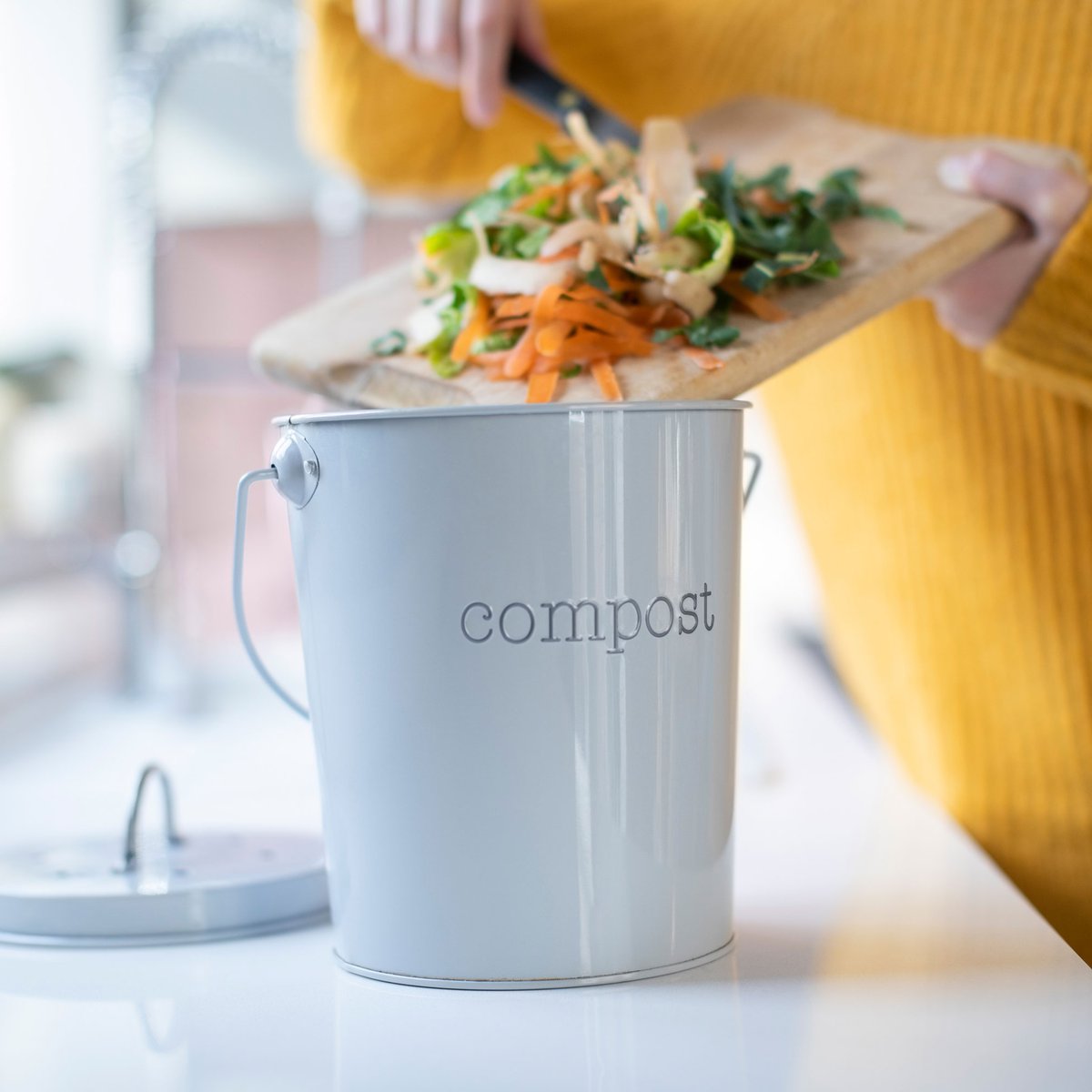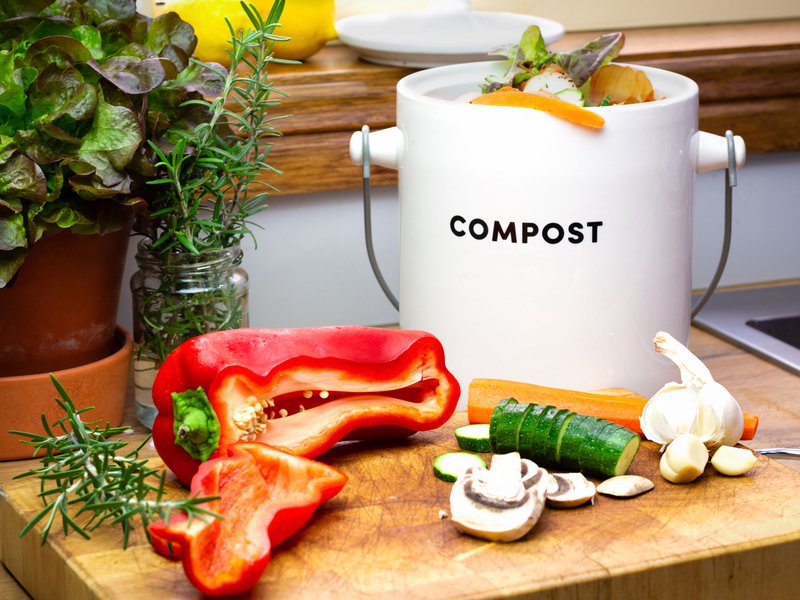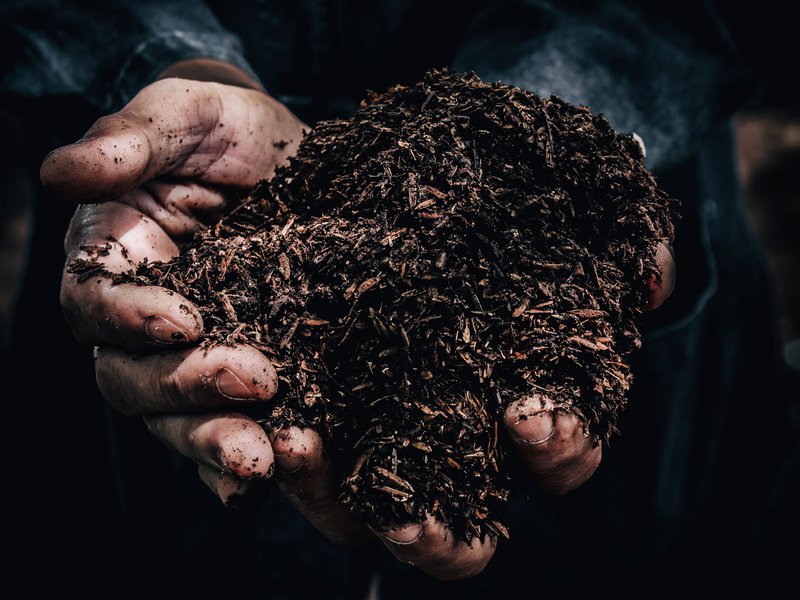Mum of two, broadcaster and blogger Helen Farmer shares her top tips on battling food wastage with the family
Is it a sign of middle age that I get excited to check the progression of our compost bin? That when I see people putting an apple core in the office trash, I consider asking if I can take it home? Don’t answer that. As a household of three adults, two kids and two dogs, we spend an awful lot of time shopping, preparing and cooking food, but last year, when I took stock of how much was being wasted, I got a shock.
Growing up we had an area at the back corner of the garden. My dad had nailed together a few pieces of wood to create a makeshift container, and in there he would tip the summer smells of green grass cuttings, moldy plums and apples that had fallen from our fruit trees, too spoilt to eat or turn into chutney, and the peelings from our kitchen. I remember the scent as we played nearby, all earth and warm dirt, breaking down into rich soil that he would spread underneath bushes, onto roses and veggie patches.
Our kids, age 3 and 5, are into it too. Perhaps more enthusiastic than I’d like, when turning their noses up at raw vegetables, and gleefully exclaiming “But this is for the compost!” It teaches them about gardening, about recycling, about waste – and how we’re trying to reduce it. But rather than their chucking food in the jar with wild abandon, here are the guidelines we have given them:
1. Greens are Good
Vegetable peels, grass clippings and cuttings from the garden.
2. Bring on the brown
Branches and leaves.
3. We need water
Add some moisture.
4. Give it a mix
The compost needs to be turned every few days to introduce more air.
5. Not to be added
Coloured paper, pet waste, meat, bones, dairy, fish and fats. Above all, we’ve found this to be a useful way to talk to the girls about the environment. Where does our rubbish go? What is biodegradable? What will stay in landfill for hundreds of years? If we reduce the amount of rubbish that goes to landfill, we can reduce the impact we have on our environment. And in this time of distance learning, of different learning, that’s always going to be a good lesson.


